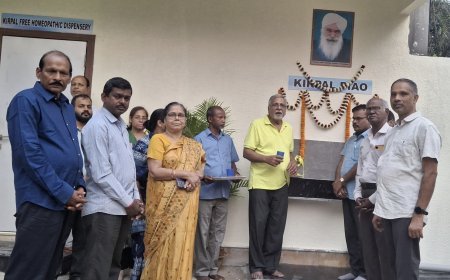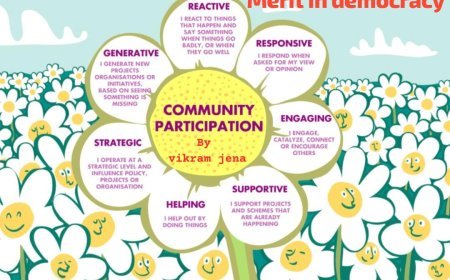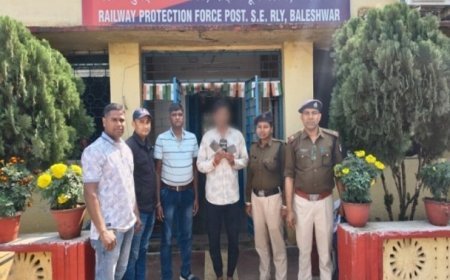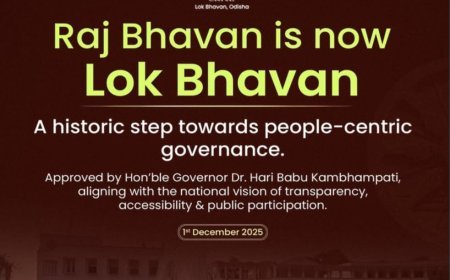Reforming Cultural Rituals: A Call for Practicality and Social Equity
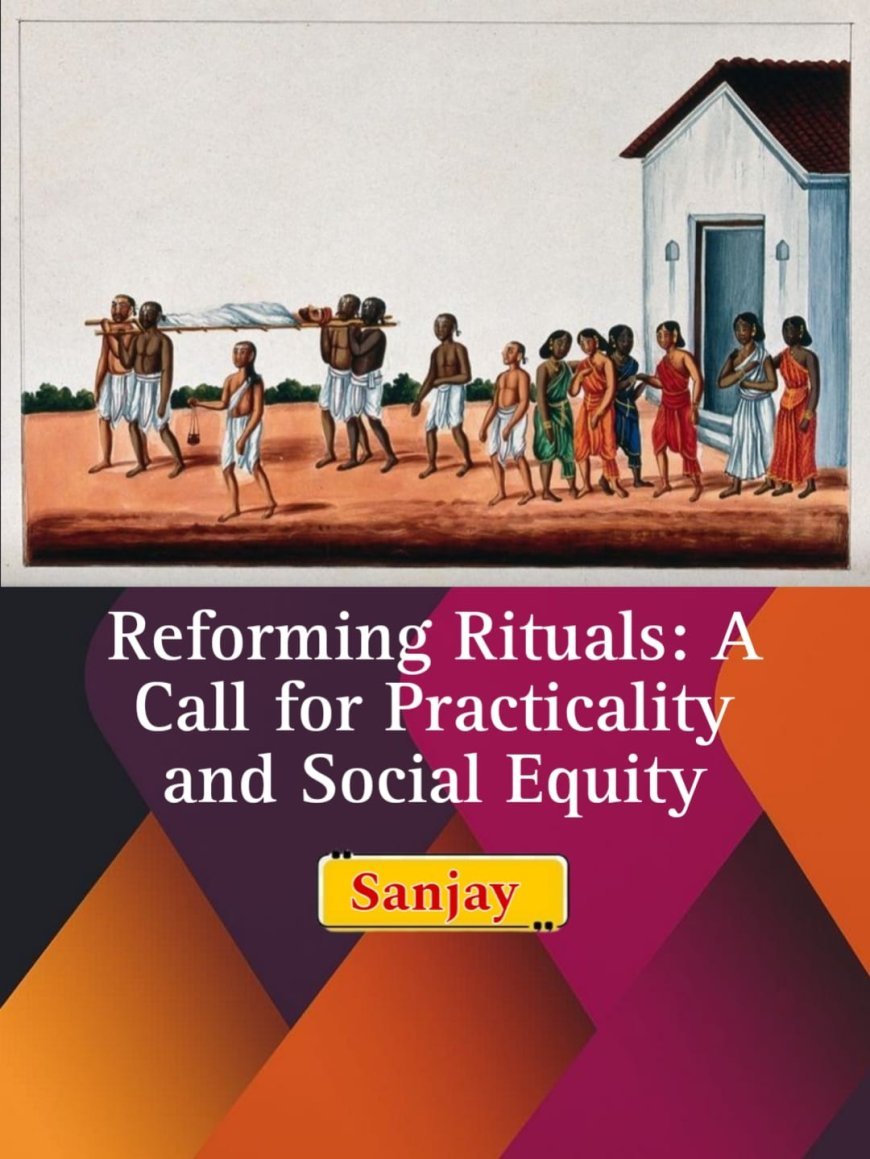
By: Sanjay Pattnayak
India is a land of diverse cultures, rich traditions, and deep-rooted rituals. These cultural practices, from the cradle to the grave, have defined the fabric of our society for centuries. However, over time, many of these rituals have been altered, often to suit convenience, and the original purpose behind them seems to have been lost. Festivals and ceremonies, originally meant to unite communities and foster social harmony, have increasingly become events of lavish spending, with emphasis placed more on the feast than on the deeper values they were intended to promote.
From birth to death, we are engaged in an endless cycle of celebrations. While events such as the birth of a child, birthdays, and marriages are significant milestones in life and warrant celebration, the excessive spending on rituals following death raises questions about the sustainability and logic of these practices. One of the most widespread customs is the lavish spending on Shradh ceremonies. These rituals, believed to bring peace to the departed soul, often involve grand feasts that cost families lakhs of rupees. In a society where we believe that souls are immortal, the necessity of such expenses seems questionable.
The heart of the issue lies in our misplaced priorities. While the deceased’s family struggles under the weight of these financial burdens, little is done to care for individuals while they are alive. We pour resources into ceremonies that, in practical terms, do nothing to benefit the living or even the memory of the departed. Wouldn’t it be more meaningful to offer comfort, care, and support to someone while they are still alive, rather than spending extravagantly after they have passed?
We must also consider the wider societal implications of these customs. India is a country where the gap between the haves and the have-nots continues to widen. The social norms that compel even the poorest families to conform to extravagant rituals only serve to deepen this divide. Take, for example, the stark contrast between the lives of India’s wealthiest families and those living in dire poverty. The recent lavish wedding of Mukesh Ambani’s son, which could finance entire communities in Dharavi, the world’s largest slum, highlights the absurdity of such excess. It is ironic that, in a country where millions struggle for basic necessities, such extravagance is not only accepted but celebrated.
This gap between the affluent and the underprivileged is growing wider, and it is fueled by the societal pressure to follow customs that drain resources from those who can least afford it. The money spent on death ceremonies could be used far more productively, such as in education, healthcare, or even community service initiatives. These would honor the memory of the deceased in a way that aligns with the true spirit of our cultural traditions—helping others and uniting society.
It is time to rethink and reform these customs. The true essence of rituals lies in their capacity to unite people, not in their capacity to impoverish. A society should focus on alleviating suffering, promoting equality, and fostering kindness. The wise among us must recognize the need for change. The practice of extravagant spending in the name of tradition needs to be replaced with a more thoughtful and practical approach.
In conclusion, let us remember that the true wealth of our culture lies not in grand feasts or elaborate ceremonies, but in the values of compassion, unity, and care for one another. Let us reform our customs to reflect these values, ensuring that our traditions serve to strengthen society rather than divide it. My appeal is to all who read this—let us weigh these thoughts seriously and act towards creating a more equitable and just society.








